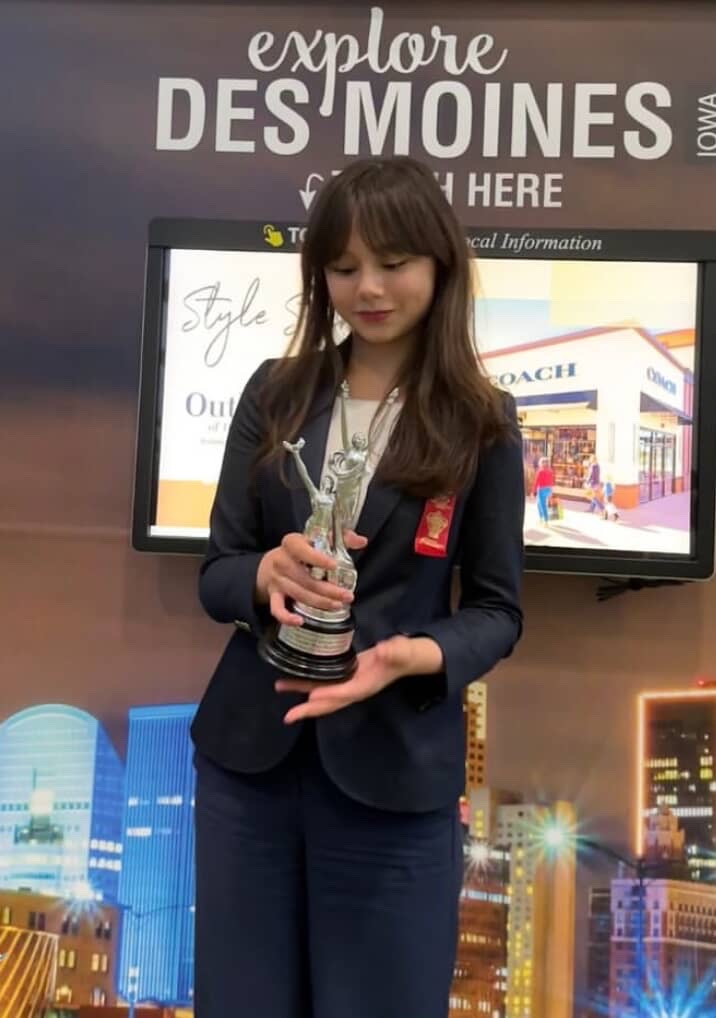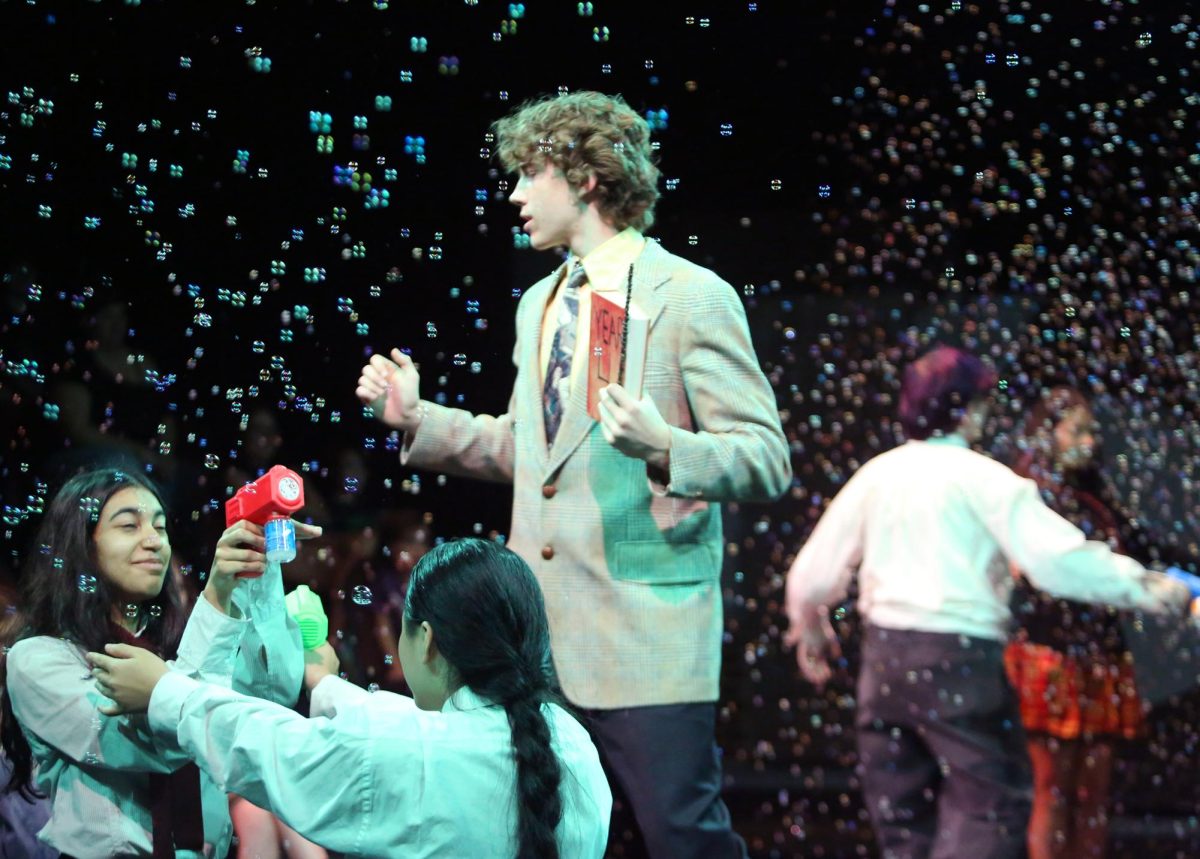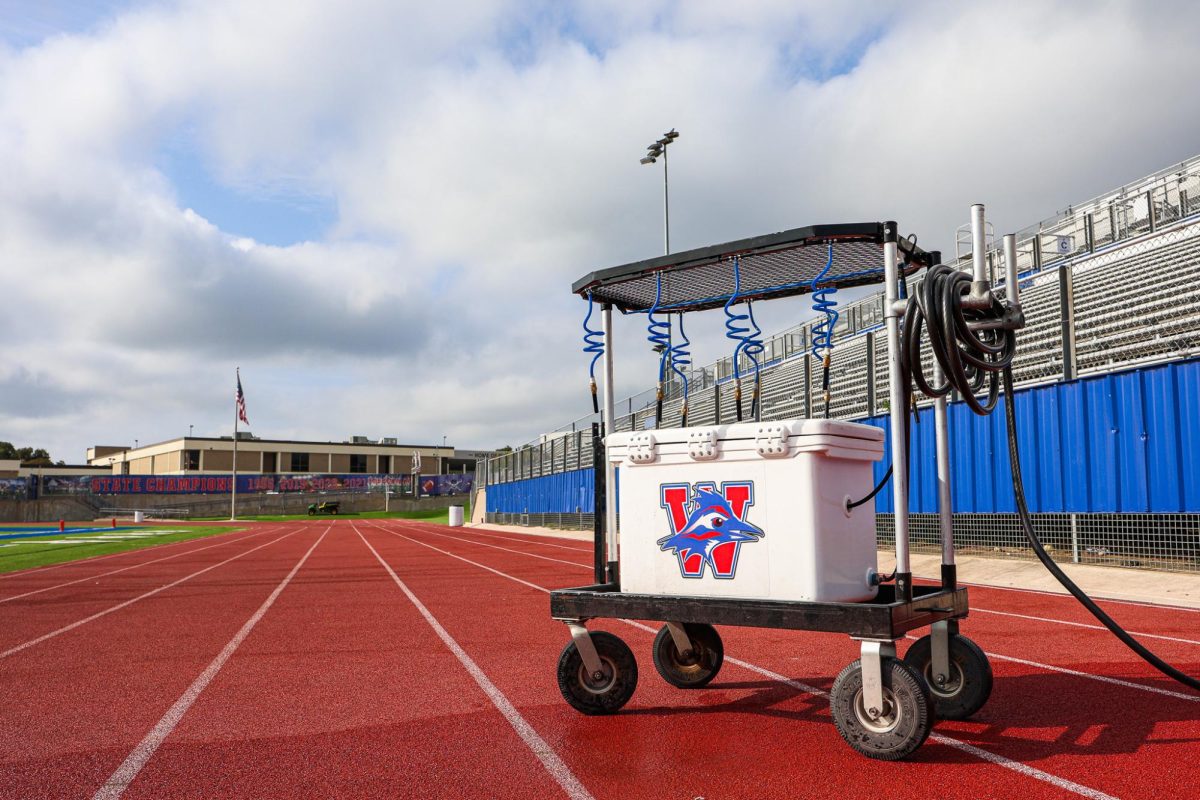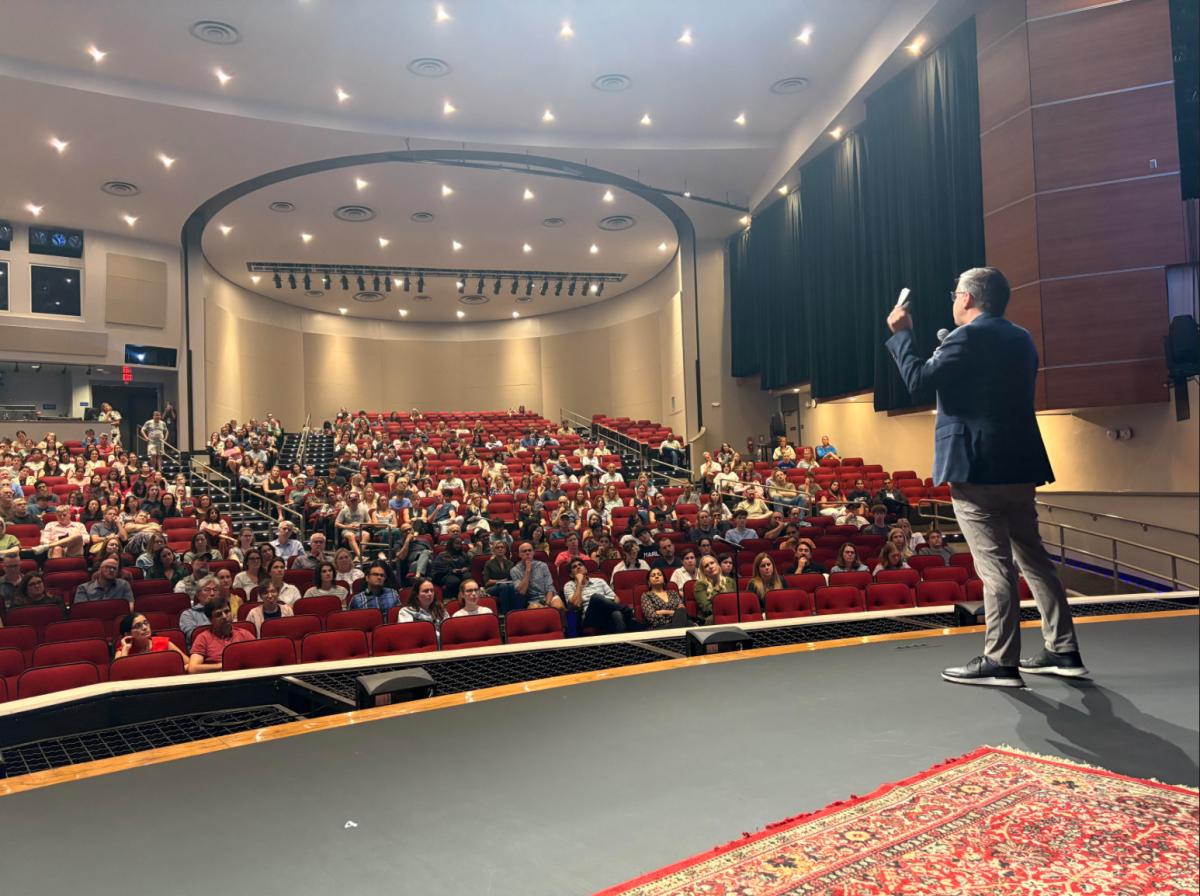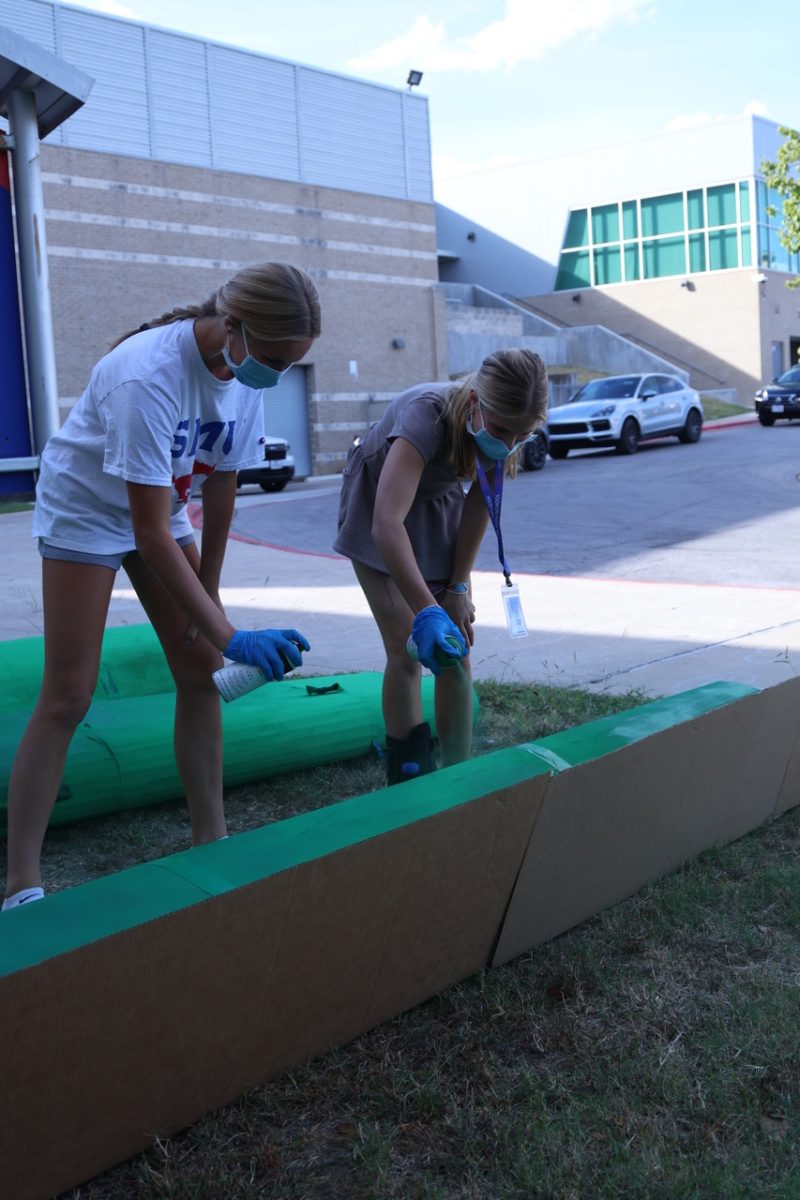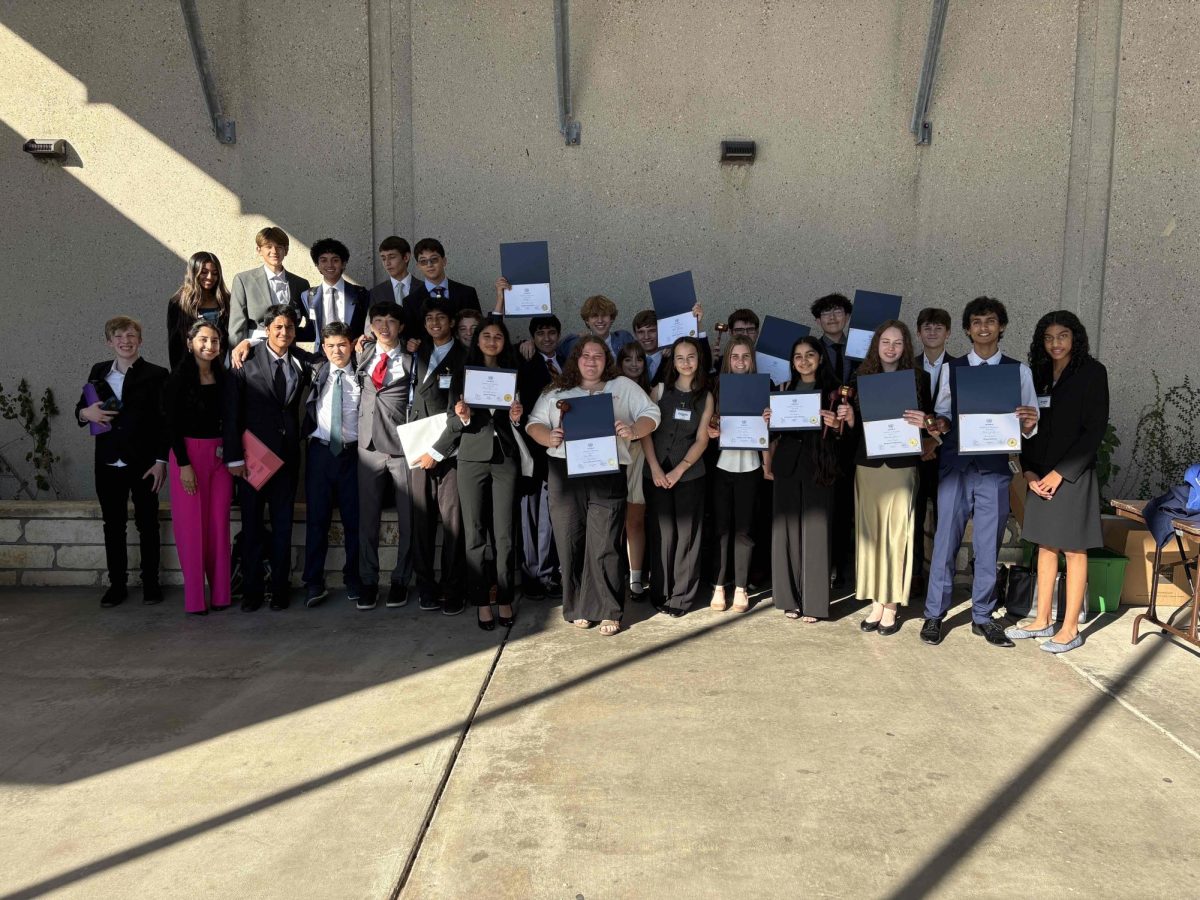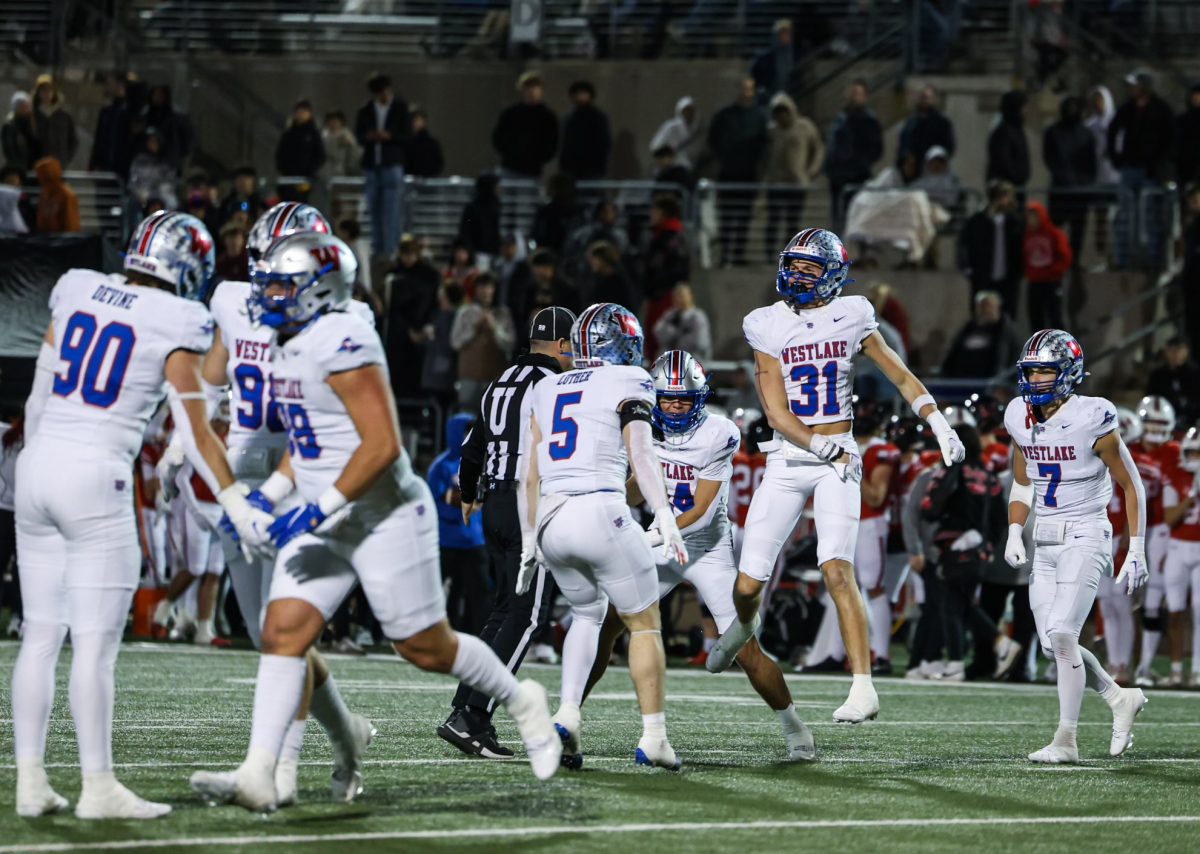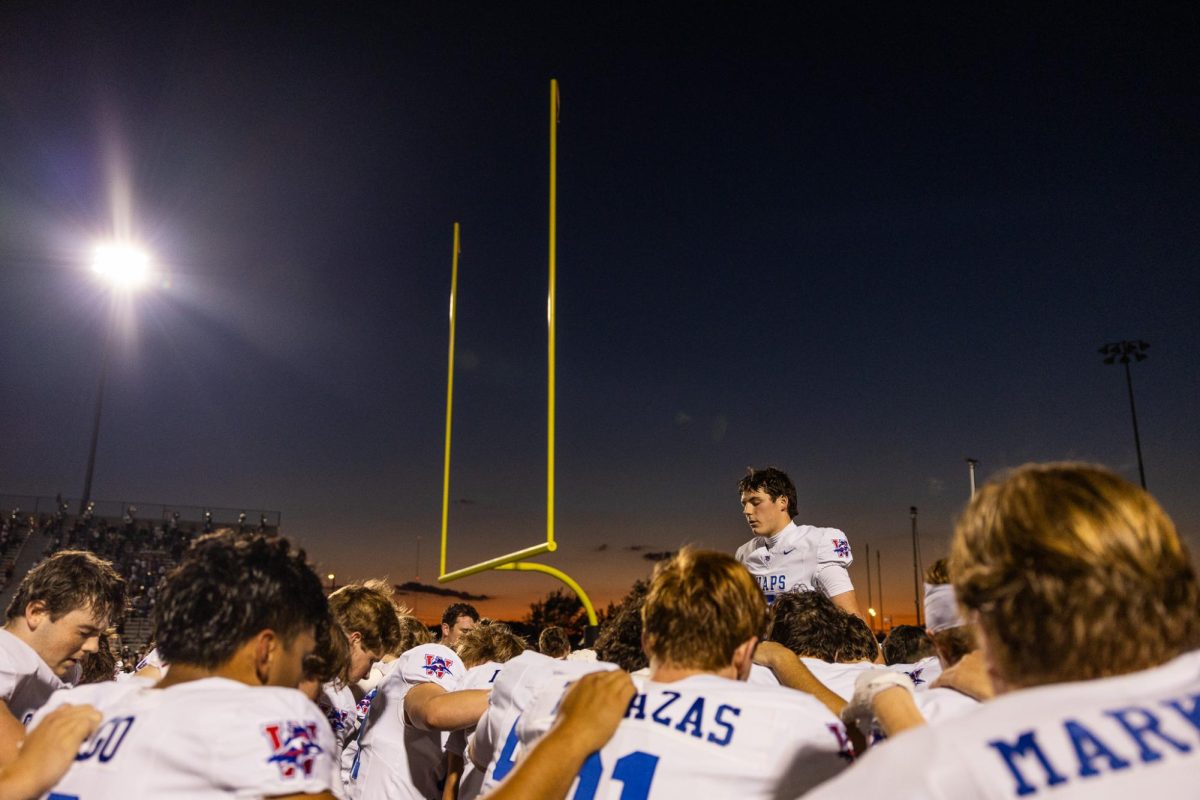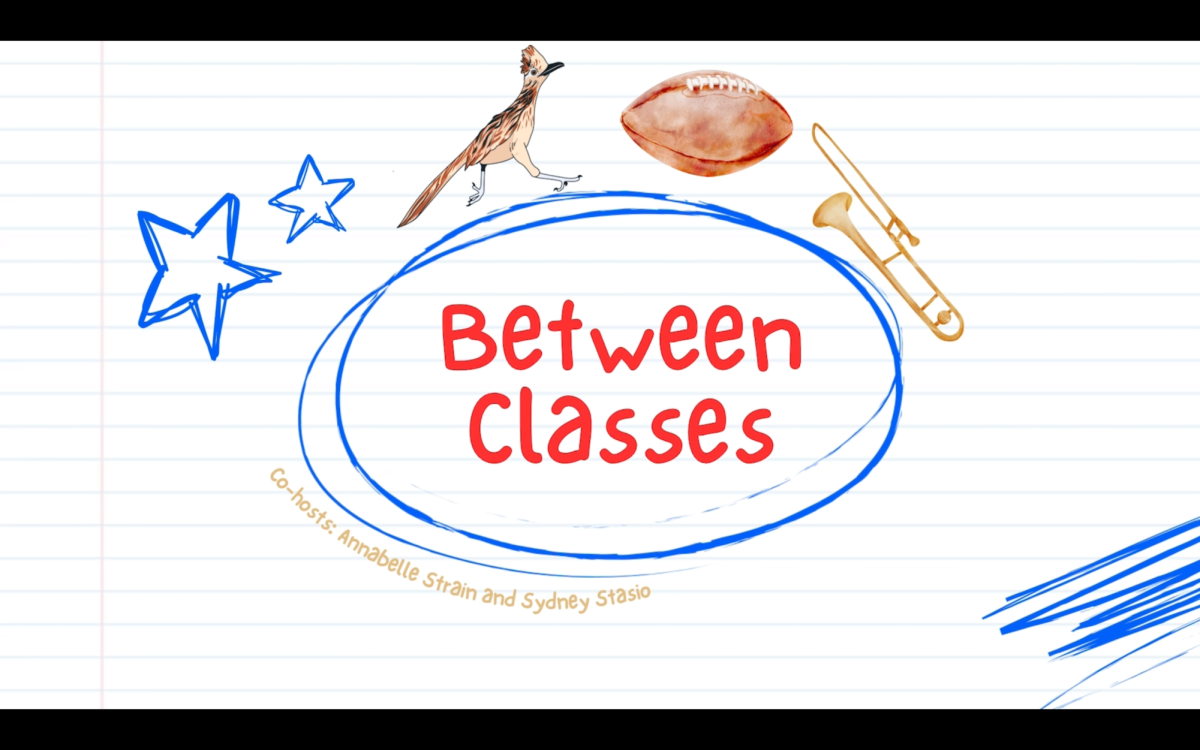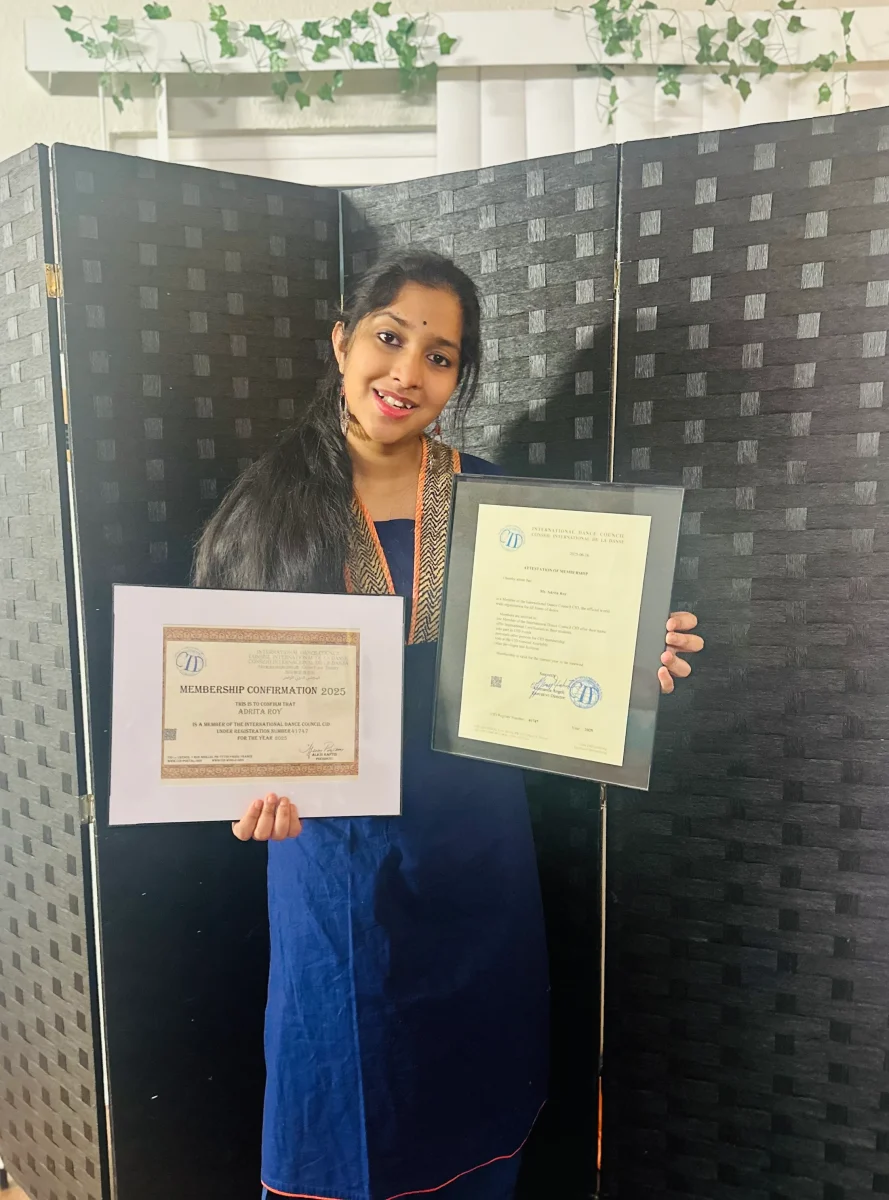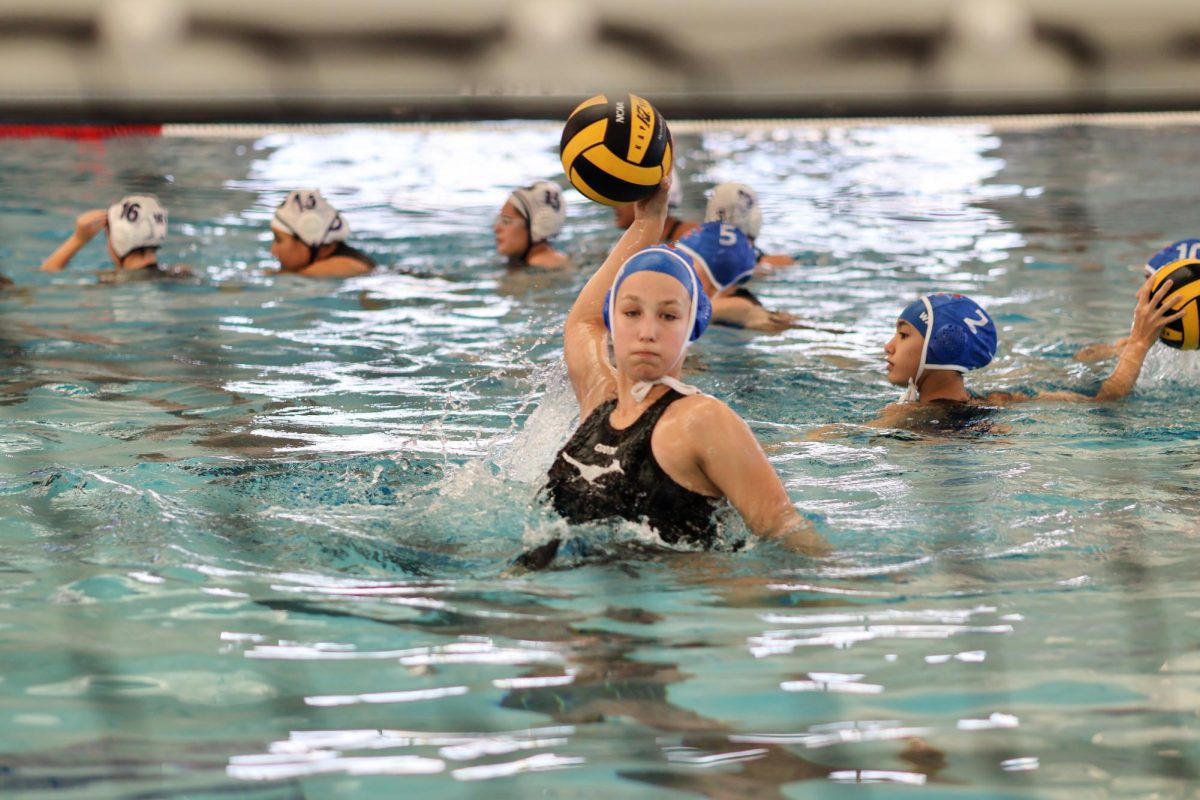Senior Margaux Brutin was supposed to take a theater course, but last minute schedule changes landed her in debate instead. Brutin’s success in the National debate circuit wasn’t planned. In fact, it was a school scheduling error that set her on this path.
“My mom was like, ‘You’re extremely argumentative. You have to take debate,'” Brutin said. “So I ended up taking it.”
Brutin’s first discovery of the debate world freshman year exposed her to the different debate formats. She started in public forum, finding it to be “not understandable to the normal audience,” but eventually she found her footing in extemporaneous speaking, where she was tasked with delivering a seven-minute speech on a particular current event with only 30 minutes of preparation.
As a junior, she discovered that her strongest suit was competing in Congress, a format she describes as “very controversial.”
“It’s like a big socratic seminar basically,” Brutin said. “Our Westlake team doesn’t have many Congress people, but now we’re starting to grow our team. It’s getting better because more of the work is distributed more equally.”
Brutin became more immersed in the unique culture of the circuit, quickly learning the importance of “politicking,” a pre-round networking tradition that helps debaters secure the legislation they want to discuss on the docket.
“It teaches you a lot of networking skills because you have to be able to talk to people in order to get the legislation you want on the docket,” Brutin said.
When she first switched to Congress, Brutin made the semifinals in her first tournament in 2024. With constant practice and improvement on her work, she began to strive for finals. After many rounds leading up to the 2025 National Semifinals, she faced a mental block.
For the 2025 National semifinals, she entered with a new perspective.
“I was pretty happy with where I am. Brutin said.It’s okay if I don’t make it, but I’m still just gonna go for it,” “Those were by far the best speeches I’ve ever given.”
This change in perspective paid off, leading to her placing 12th in the Nation. The community response to her success was especially impactful for her.
“It was truly the craziest moment in my head because there’s like a very strong community among congress debaters, and after I got 12th at Nats, like 20 people reached out to me and asked me to private coach them,” Brutin said. I was just so flattered.”
Brutin found inspiration in other prominent debaters herself, particularly a woman who paved the way for female National champions. She looks up to McKinley Paltzik, one of the first female National champions in extemp debate and an “unbelievably intelligent” student at Harvard. Brutin reached out to her idol.
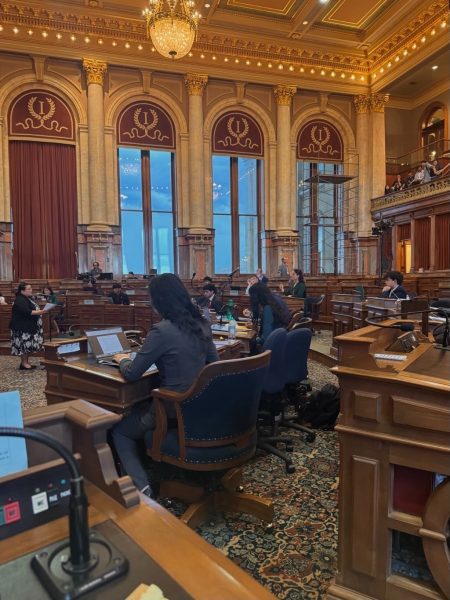
“I was like ‘hi i watched your speech at Nationals, you’re so awesome I love you!’” Brutin said, “She was like ‘oh my God if you ever need any help with anything let me know!’ She’s just like the sweetest person ever and I thought it was just amazing to see a woman winning that much and being so highly respected.”
Brutin applies a more specialized approach in her debates, often focusing on economic bills if applicable to her in the rounds. In particular, the shadow economy or dark web.
“I just think the informal economy is something that everybody knows about but they don’t maybe know the terminology or the specifics of it… bringing up shadow economics in a round always leads to a very interesting conversation,” Brutin said.
Her fascination with the shadow economy led her to find a mentor in Professor Ceyhun Elgin, an economist who works at the Turkey school of Economics, as well as Columbia. His book on the shadow economy was one of the first things she read and it inspired her.
Brutin was thrilled when she had the opportunity to speak with him once, calling it “the greatest moment of my life.” It’s amazing to talk to someone so intelligent and with so much expertise in what they do,” Brutin said.
Brutin believes the skills she’s gained in debate, especially in the art of persuasion and public speaking, will be helpful in her future endeavors of pursuing a career in economics.
“…a lot of economics is being persuasive and convincing people and convincing the market,” Brutin said. “I hope that the skills are transferable to my future career.”
Brutin continues to promote debate to more students, because she never knew the impact it would have on her high school experience and further career. A simple course mistake turned into a National success, showcasing her incredible journey from an accidental debater to a respected National competitor.
“Honestly, there’s no real need to over prep and stress, I think you should just go in and just do it,” Brutin said. “I feel like pre-prepping too much kinda defeats the purpose of the debate itself because then you’re just regurgitating words from a computer rather than going up and speaking what you truly think about the round.”

